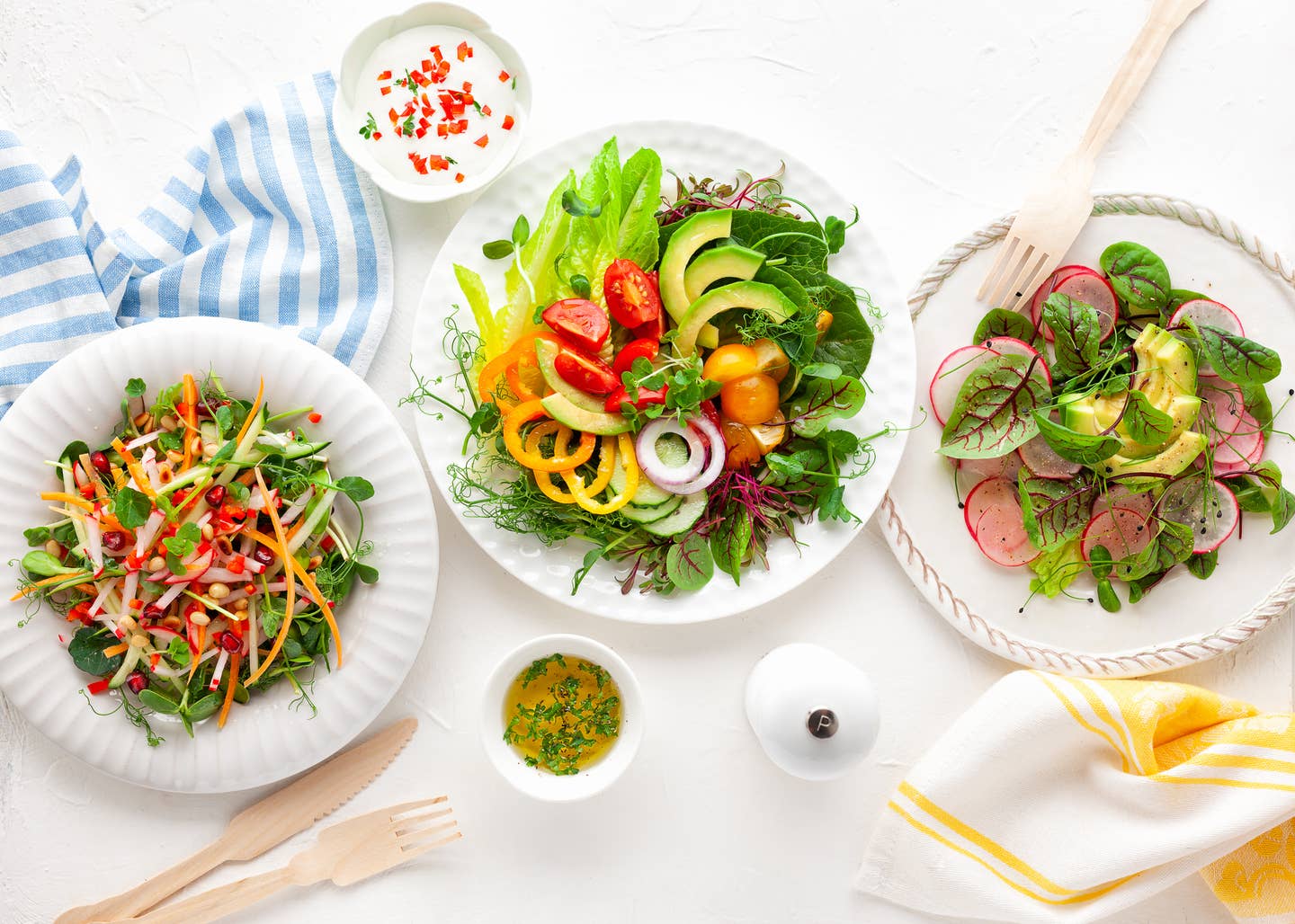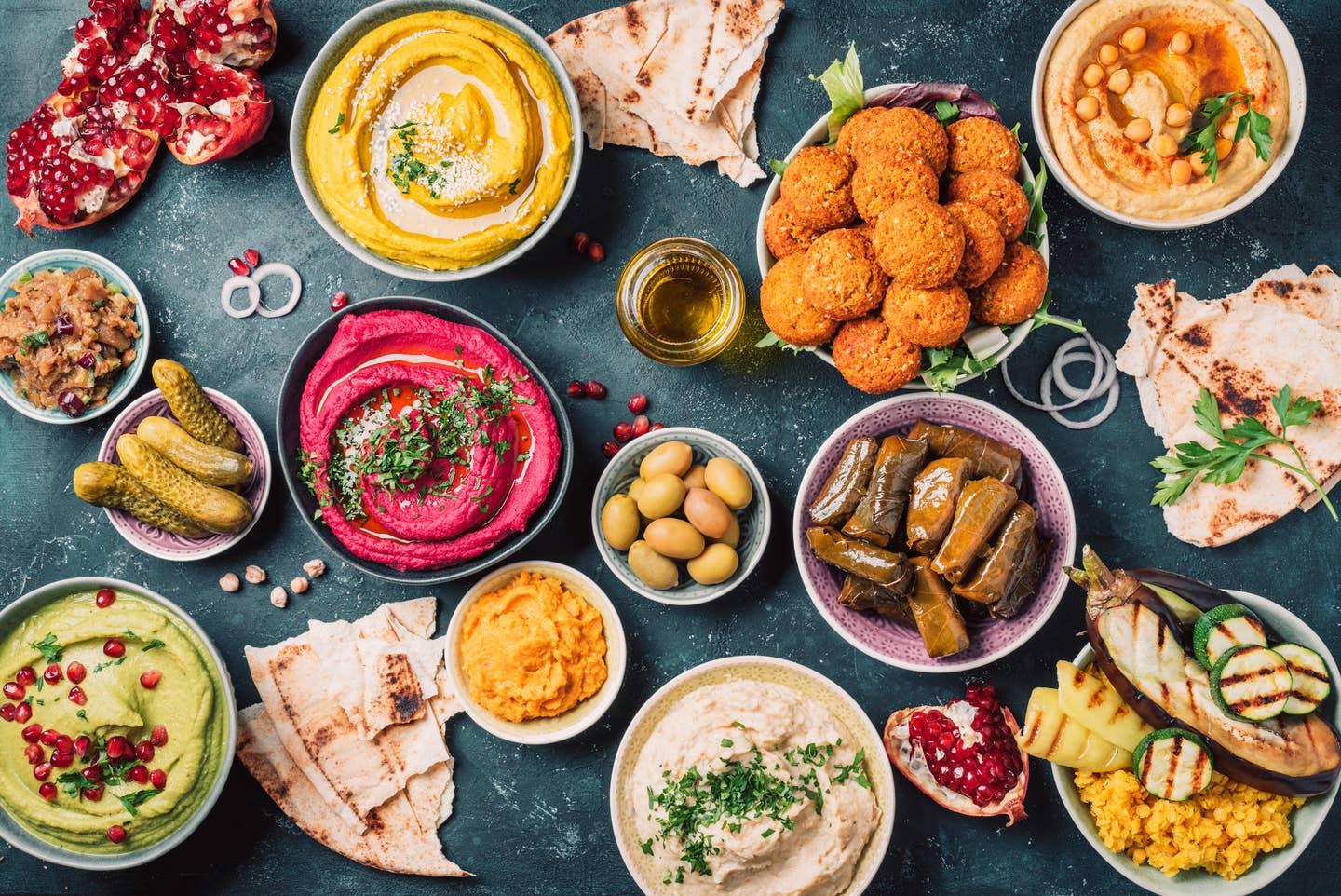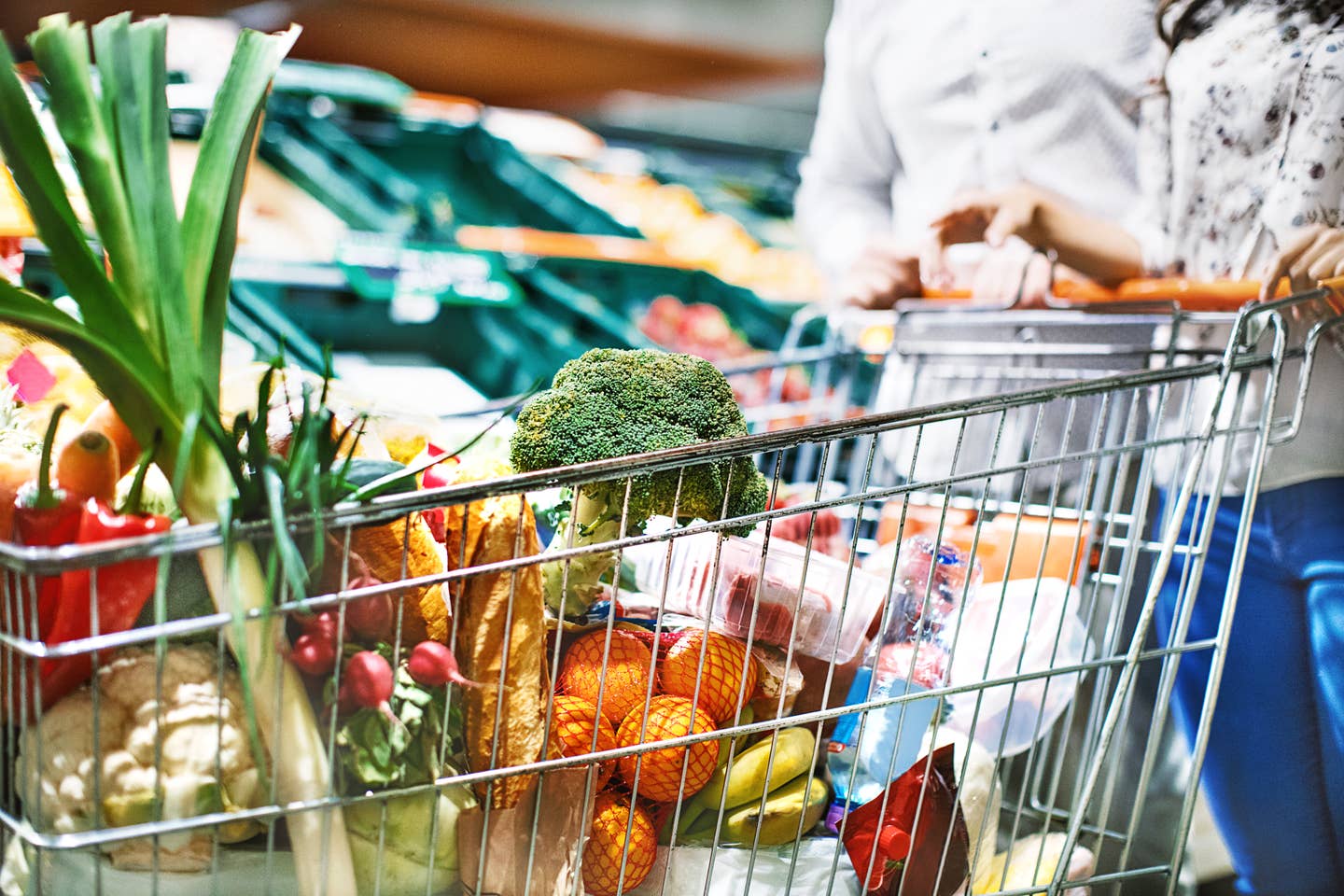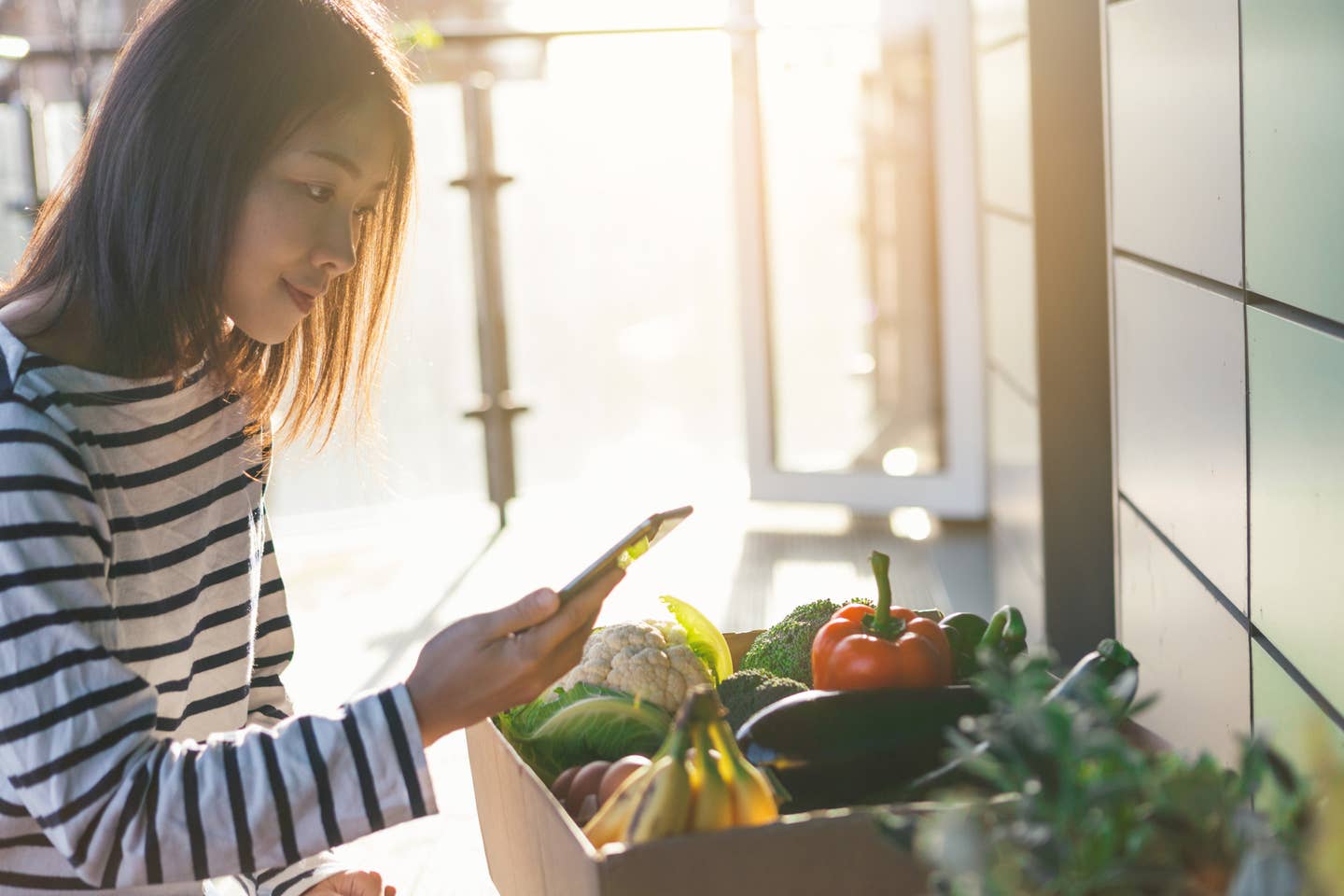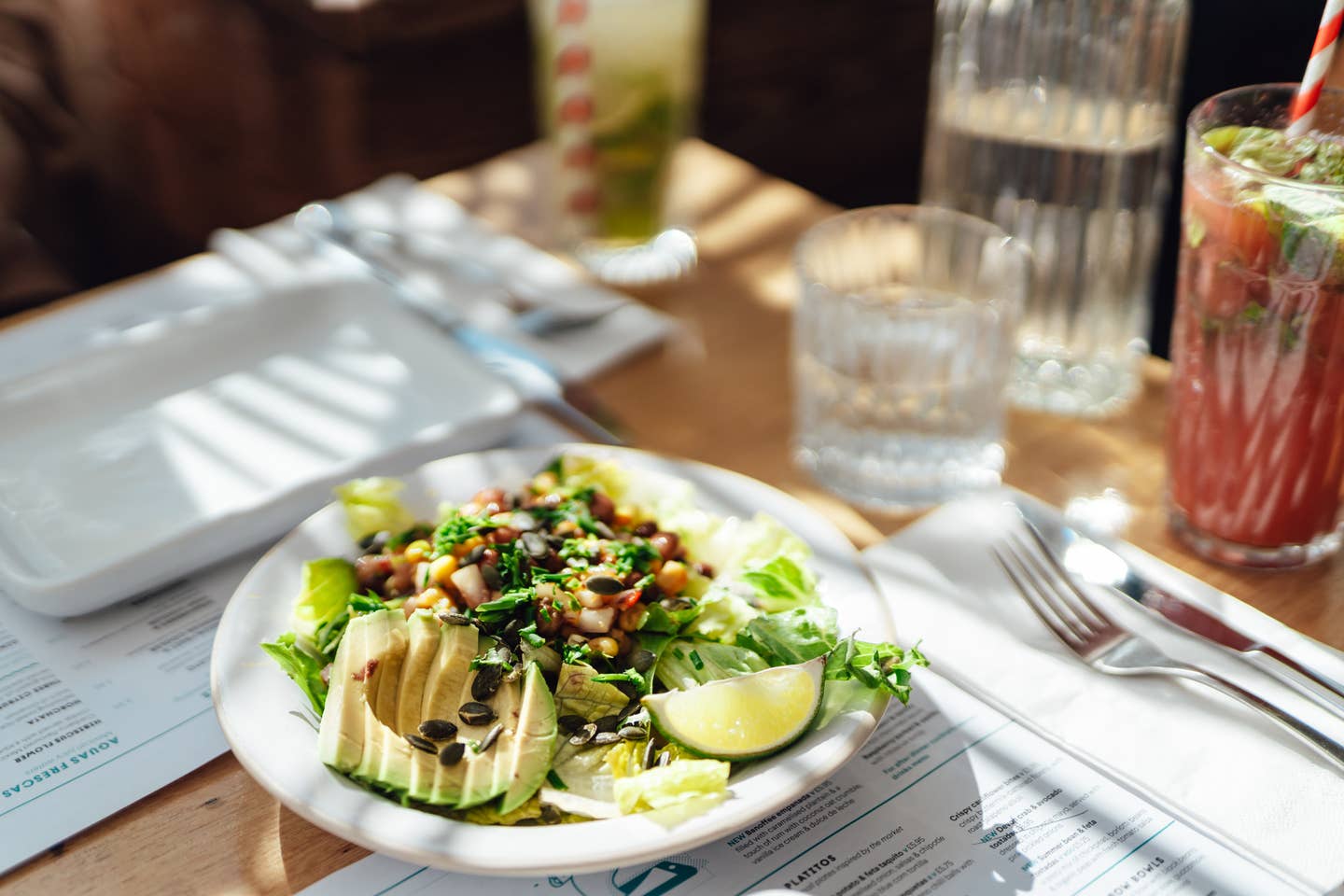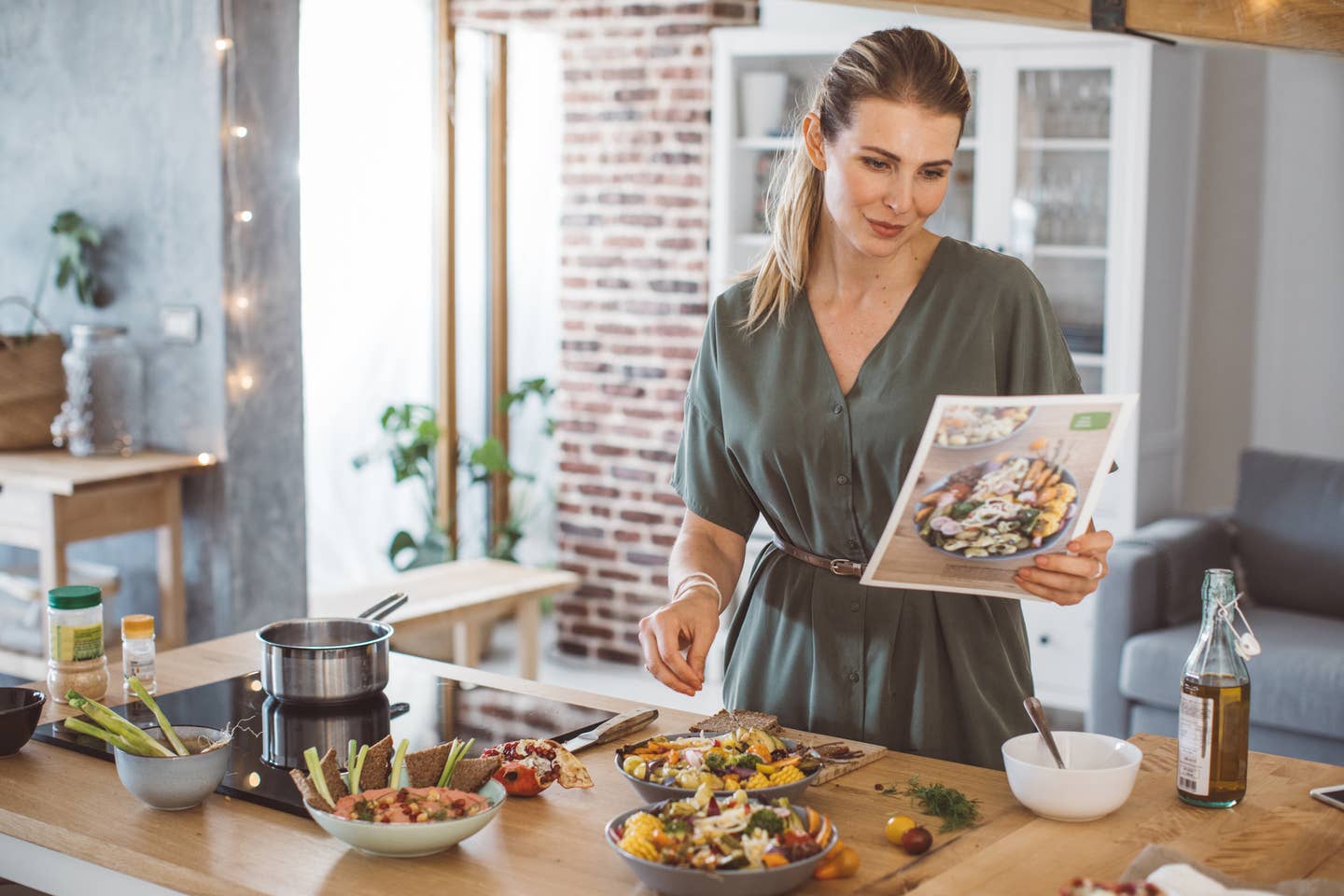
How to Start a Plant-Based Diet: 5 Easy Tips From a Registered Dietician
You may want to start eating a plant-based diet, but have no idea where to begin. With the vast number of resources on the subject, it can be daunting to figure out where your best starting point is.
Julieanna Hever, plant-based dietitian and author shares her tips for how to start your plant-based diet, as well as all the health benefits. By going plant-based she tellsus, it helps to reverse disease, gain energy and lower your risk of heart disease and even other major lifestyle illness. She shares her top five foods everyone should eat and how easy it is to start your plant-based journey..
She is the author of six books on healthy eating and nutrition, includingThe Healthspan Solution: How and What To Eat To Add Life To Your Years, The Complete Idiot's Guide to Plant-Based Nutrition and The Vegiterranean Diet).
How to Go Plant-Based, With Expert Tips
Elysabeth Alfano: Obviously, you have so many individual clients but for those who maybe are still considering a plant-based diet and still aren’t sure if it’s for them.
I wonder if you could give us your top five tips for starting a plant-based diet.
Julieanna Hever: Sure. Well, first of all, I think people have to want to try it. I try to not convince anyone anymore [even though] it is the best way to eat in terms of what I’ve seen and the literature.
But if you are interested, it is a fabulous, fun, and positive journey and that’s my first tip, to keep it really positive and exciting instead of thinking, “Oh, I can’t eat these seven animal product groups.” You can eat thousands of delicious versions and variations of vegetables, fruits, whole grains, legumes, mushrooms, nuts, seeds, herbs, and spices in infinite tasty combinations.”
And to explore and think positively about what you’re going to add to your diet. What are all the different things you’ve never tried before? Have you ever tried ruby quinoa? Have you ever tried jackfruit? There are so many different things that people have never even explored. It’s like this whole new world opens up. So that’s tip number one: have fun with it and explore.
The second thing I would say is to explore a wide variety. Anything you could eat, [you can] eat vegan. So, figure out something that you love and then veganize it.
Now we have the Google machine, so you can go in there and type in whatever you love to eat. If it’s a Bolognese or whatever you love to eat, you can make it plant-based.
So, it’s never been an easier time because there is so much information and infinite recipes at your fingertips. So find stuff you love and enjoy it. Make it really positive.
The third thing I would say is to find like-minded people that are on the same page or that have been doing it for years or decades because they will have lots of tips for you and there are great social media groups out there. There are people everywhere now that they are wanting to talk about it and like you said, shout from the rooftops. So, connect with like-minded people just to have some of that support.
The fourth tip for going plant-based would be to make sure you are mindful of your notable nutrients.
So if you go to my website plantbaseddietician.com and all over my social media, I’m @plantdietician or @plantbaseddietician or Julieanna Hever on social media, and I have videos on notable nutrients and six daily threes. And I have, like I said, six books out there that are just filled with all this information. Just to educate yourself, empower yourself, and find out what you need to be mindful of so that you can do this in a real strategic way. No diet is perfect, and every diet requires being attentive to it.
My fifth tip would be to find foods that you love. It has to be foods that you love to eat.
EA: I’ll hop in there and say what I find is really helpful for people particularly in the beginning when they’re thinking, “How’s this going to go? How’s this going to shake out?”
Go ahead and plan your week ahead of time. So, if you have some time on a Sunday and you can cook for the rest of the week, make that quinoa and sauteed vegetables with beans and avocados. The avocados you would put on at the last minute but everything else you can have ready so that you don’t have to stand in front of the refrigerator door saying “I’m not sure I can do it. I’m not sure what to do.”
So, I would just spend some time at least in the beginning when you’re still figuring out go-to recipes. You know you are starting a new habit so give yourself a little bit of prep time in advance.
For more information about starting a plant-based diet, visit The Beet's Beginner's Guide to a Plant-Based Diet.
Elysabeth Alfano is a plant-based business consultant and helps people transition to a plant-based diet. Follow her @ElysabethAlfano on all platforms and at ElysabethAlfano.com.
More From The Beet
